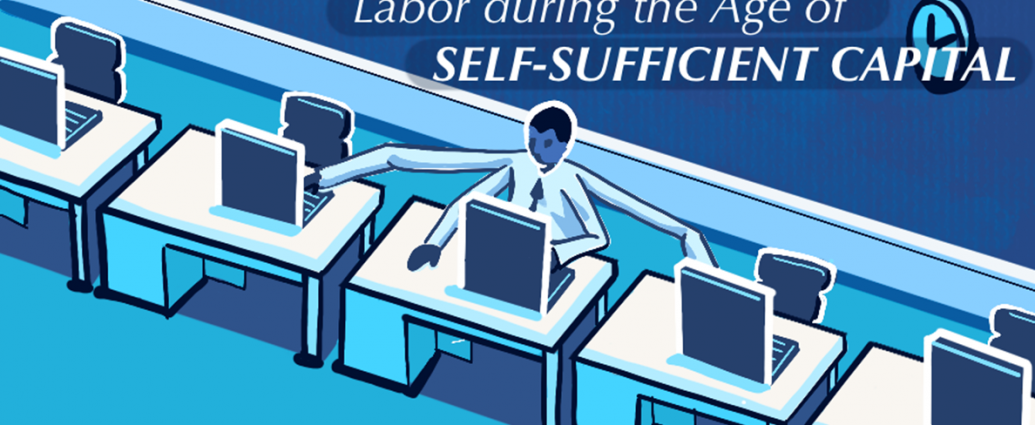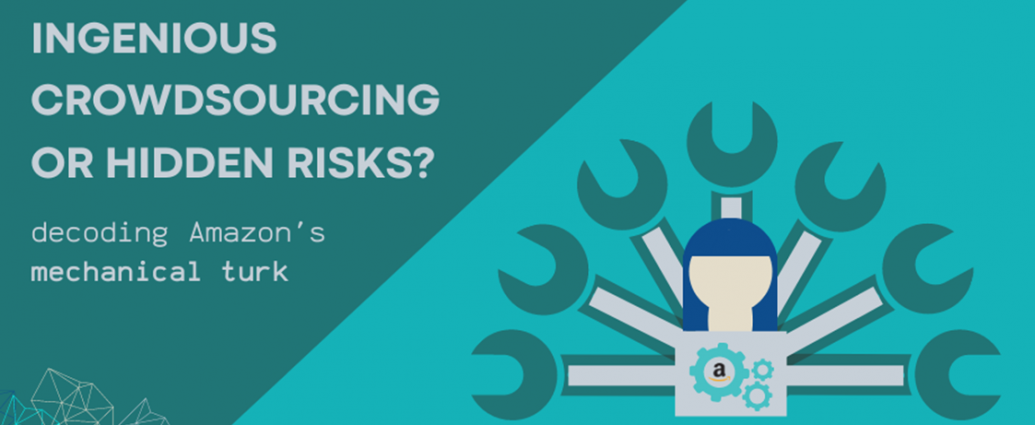Labor during the Age of Self-Sufficient Capital
With the rise of self-sufficient capital’s ability, today’s firms are becoming more efficient and productive while the average worker is not seeing these gains. In this transitory period, laborers are being displaced, while productivity continues to increase. This article discusses the dirty side of the digital revolution and how it has negatively impacted workers.Continue Reading








